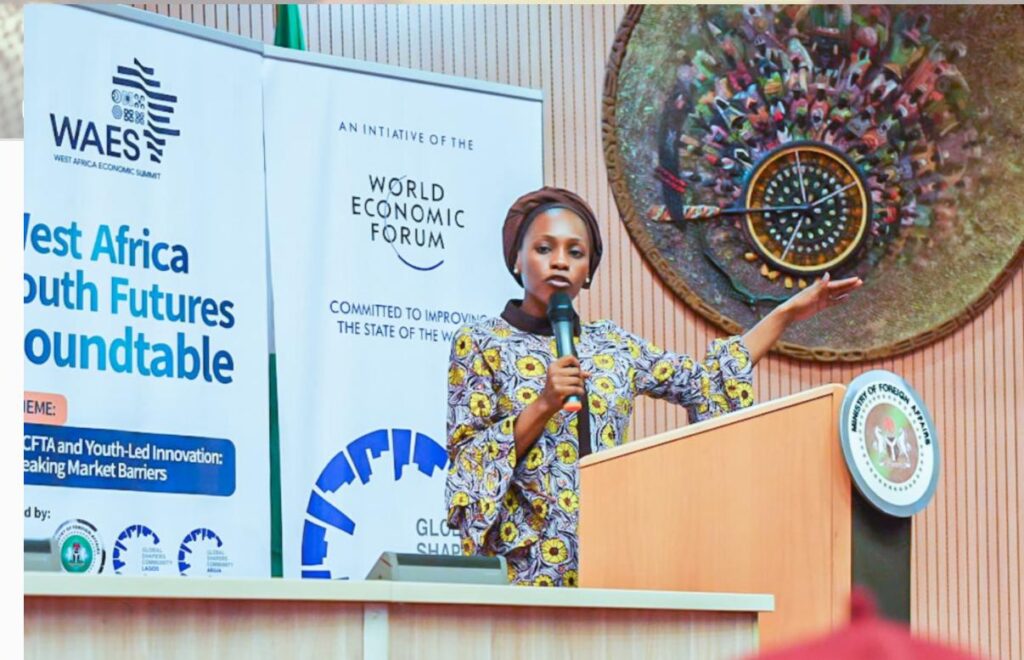
Chidimma Uchegbu – Abuja
The Ministry of Foreign Affairs, in collaboration with the Abuja and Lagos Global Shapers Hubs—youth initiatives of the World Economic Forum—successfully hosted the West Africa Youth Futures Roundtable on Friday, June 13, 2025. The event, held at the Rotunda Hall of the Ministry and streamed virtually across Anglophone and Francophone West Africa, brought together over 100 young leaders and innovators from across the region.
This was contained in a statement signed by Alkasim Abdulkadir, Special Assistant on Media and Communications to the Minister of Foreign Affairs.
Themed “AfCFTA and Youth-Led Innovation: Breaking Market Barriers,” the roundtable served as a strategic prelude to the upcoming West Africa Economic Summit (WAES 2025). It provided a platform for youth to engage in how the African Continental Free Trade Area (AfCFTA) can be harnessed to drive regional integration, innovation, and inclusive economic development.
Discussions focused on three critical areas including access to capital and scale for MSMEs; Cross-border trade and digital platforms, and innovation ecosystems for youth employment
Participants engaged with policy-shaping questions such as: What financing innovations are needed to reach youth-led MSMEs beyond urban centres, how can digital platforms reduce trade friction and foster regional inclusion under AfCFTA, and What models of innovation ecosystems best support youth employment and entrepreneurship?
Goodwill messages from the Ministry emphasized the centrality of youth in shaping the region’s economic future. Honourable Simi Fajemirokun, Senior Special Adviser to the Honourable Minister of Foreign Affairs, reiterated the Ministry’s commitment to trade diplomacy that enables youth participation and MSME growth. Ambassador Oluremi, Director of Planning, Research, and Statistics, stressed the importance of innovation as a tool for regional competitiveness and job creation.
The roundtable featured expert contributions from a distinguished panel of West African thought leaders and practitioners, including innovators, economists, digital strategists, and youth advocates.
Closing reflections underscored the need for stronger public-private collaboration, policy harmonization across borders, and an inclusive approach to AfCFTA that acknowledges informal entrepreneurs and rural innovators.
As part of the WAES 2025 build-up, the roundtable affirmed the role of young West Africans as essential contributors to regional economic strategy. Participants were invited to co-develop youth-led trade policy recommendations for submission to WAES leaders.
The Ministry of Foreign Affairs remains committed to advancing youth diplomacy and strengthening regional leadership in the implementation of AfCFTA.

Join the Conversation